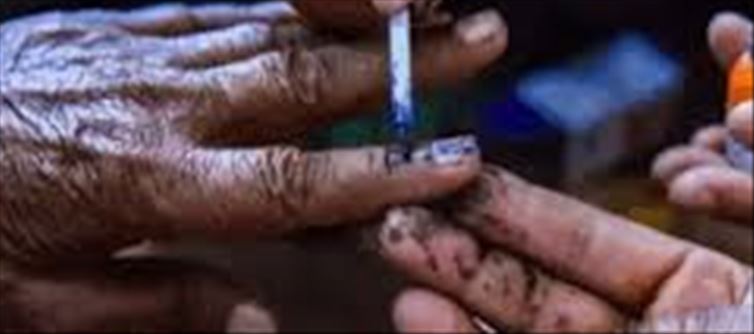
Expenses vs. Constitutional Democracy...
After the formation of the government under the leadership of narendra Modi, the report of the Standing Committee of parliament constituted in 2015 clearly mentions that in 1968, challenging the monopoly of the Congress, opposition parties formed their governments in the assembly elections of many states. After this, the lok sabha and assembly elections in the country started depending on their natural political situations. The Standing Committee does list the problems felt within all the processes of elections, but this report does not mention how the awareness towards democracy and the consciousness towards participation in all the processes of democracy increased in a republican country after the monopoly of the congress broke. The committee has definitely accepted that due to our constitutional system, it is difficult to conduct simultaneous elections. That is why the committee accepted that it would not be possible to conduct simultaneous elections in a decade. The committee also made it clear that the purpose of its report is to start a debate on this issue and to create a national consensus for it.
Implications of raising this issue
This is not the first time that after the formation of the government under the leadership of narendra Modi, there is a push for holding simultaneous elections for lok sabha and Legislative Assemblies in the country. In 1996, after the formation of the government under the leadership of Atal Bihari Vajpayee, the Law Commission headed by B P jeevan reddy also prepared its 117th report. The following part of that report has been quoted by the Standing Committee of parliament in its report on this subject in 2015. “It is true that we cannot imagine or provide for all situations and events that may arise due to the use of Article 356 (which has undoubtedly become less frequent after the decision of the supreme court in S R Bommai vs Union of India) or other reasons, yet holding separate elections for a legislature should be an exception and not a rule. elections to the lok sabha and all Legislative Assemblies should be held once in five years.”
Following the report of the Standing Committee of parliament in 2015, the Modi government again constituted a committee under the chairmanship of former President ram nath kovind to give recommendations on the issue of holding simultaneous elections for the lok sabha and the Legislative Assemblies, which was accepted on the occasion of the completion of 100 days of the Modi cabinet in 2024.




 click and follow Indiaherald WhatsApp channel
click and follow Indiaherald WhatsApp channel